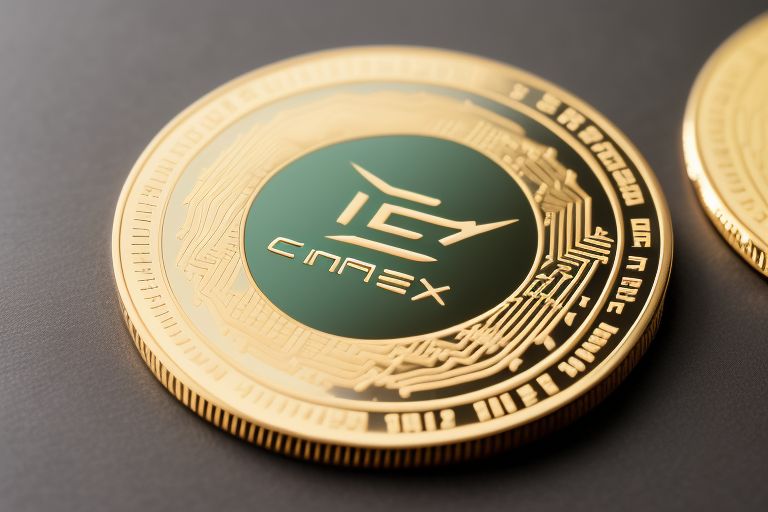In President Biden’s 2025 budget proposal, a 30% tax on the electricity used by Bitcoin miners stands out as the most controversial measure, prompting concerns that it could drive miners overseas.
This March, President Biden unveiled his budget plan for the fiscal year 2025, incorporating three significant adjustments to cryptocurrency regulations. While some updates, such as applying existing securities laws to cryptocurrencies, were welcomed, the proposal also introduced a contentious tax specifically targeting crypto mining.
The budget suggests two regulatory changes: closing a loophole that currently benefits crypto traders during tax loss claims and adapting securities loan rules to include crypto asset loans. These changes aim to harmonize the treatment of cryptocurrencies with that of traditional financial instruments, ensuring fairness across the board.
For example, under the proposed rules, crypto traders, much like stock traders, would be unable to claim tax deductions on losses from assets sold and repurchased within a short window, addressing the practice known as wash trading. This adjustment seeks to eliminate the discrepancy between the treatment of crypto assets and traditional securities regarding tax loss harvesting, which has persisted due to the slow pace of regulatory updates.
Additionally, the budget extends securities regulations to crypto trading, facilitating tax-exempt status for certain crypto asset loans, similar to those involving traditional securities. This move reflects the administration’s effort to expand regulatory oversight without imposing excessive burdens on the emerging crypto sector.
However, the proposal to tax crypto mining by imposing a 30% levy on the electricity used, regardless of its source, has sparked debate. This component of the budget aims to address environmental concerns associated with crypto mining but has been criticized for its lack of nuance and potential to significantly raise operational costs for miners in the U.S. Critics argue that this could incentivize miners to relocate to more regulatory-friendly countries, echoing the effects of China’s crypto trading ban without necessarily curbing American crypto activity.
The tax fails to differentiate between sustainably sourced electricity and that derived from non-renewable sources, and the flat 30% rate is seen as excessively burdensome. This approach contrasts sharply with the more nuanced regulatory adjustments proposed elsewhere in the budget, which strive for equitable application of existing financial regulations to the crypto space.
In essence, while the Biden administration’s attempts to modernize crypto regulations are largely seen as constructive, the mining tax proposal emerges as a misstep, potentially undermining the broader goal of fostering a balanced and thriving cryptocurrency ecosystem in the United States.




















+ There are no comments
Add yours